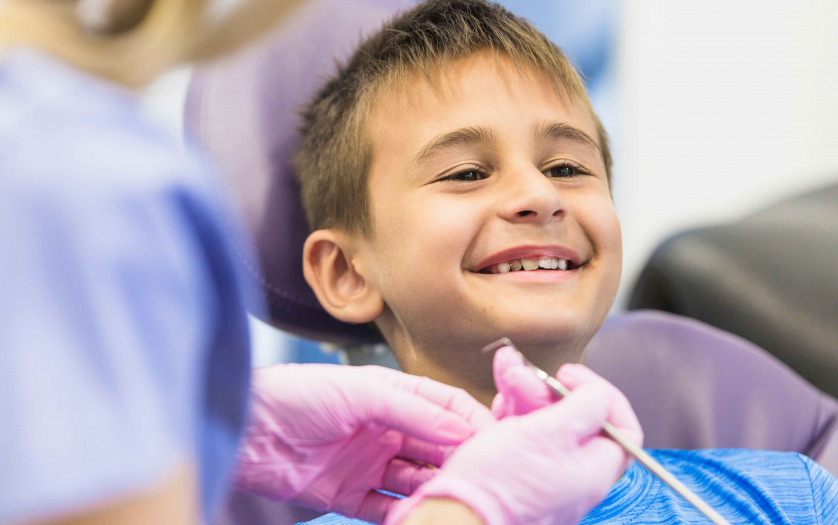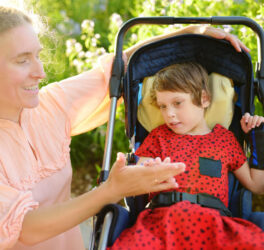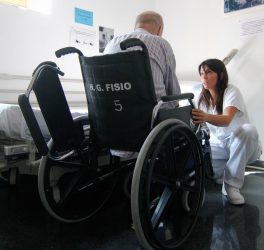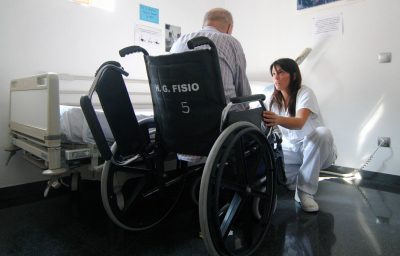
A recent study by researchers from the UNNE School of Dentistry found 81% deficiency in oral hygiene in people with intellectual disabilities who attend a health center in the city of Corrientes. They highlight that the results obtained show the need to implement programs to promote oral health in this vulnerable population group.
Scientific literature maintains that people with intellectual disabilities have a high prevalence of dental caries, periodontal disease, loss of teeth, poor oral hygiene and sometimes they do not have family or caregivers support to improve their oral health and implement preventive treatments. and rehabilitation.
In order to analyze oral hygiene in children with intellectual disabilities, researchers from the Disciplinary Areas “Social and Community Dentistry” and “Preventive Clinical Practice” (FOUNNE), conducted a study with children with disabilities who attend the Center for Attention to the Development of Children and Adolescents of the city of Corrientes.
According to what was observed in the survey, 19% of the children presented adequate oral hygiene, with values of up to 20% of bacterial plaque (acceptable level), 81% presented poor oral hygiene, with values higher than 20% (risk of caries and periodontal disease).
In the work, a positive correlation was found between the bacterial plaque index and the age of the children. This could be due to the fact that as age increases, there are changes in the teeth and problems with poor dental position, which could make oral hygiene difficult. It could also be because as children grow older, guardians delegate less of the responsibility for oral hygiene care, according to the study authors. Poor oral hygiene was significantly associated with a higher presence of dental caries.
“These results show the need to implement comprehensive oral health programs, which include promotion, prevention and dental care measures in order to restore and maintain the health of minors, instructing tutors on oral health care of children, the control of dental biofilm and ensuring preventive and restorative care in a timely manner ”, says Dr. Sofía de los Milagros Alí, director of the study
She expressed that knowing the oral health status of people with intellectual disabilities is important to define guidelines, suggestions and measures to address the problem. Care in these people should be greater, either due to factors such as the use of drugs, as well as due to characteristics of the pathology they present that make them more vulnerable to risk factors for oral diseases. This situation takes on special relevance in the first years of life and in childhood since minors do not have manual dexterity to carry out their oral hygiene alone and need the presence of the tutor.








